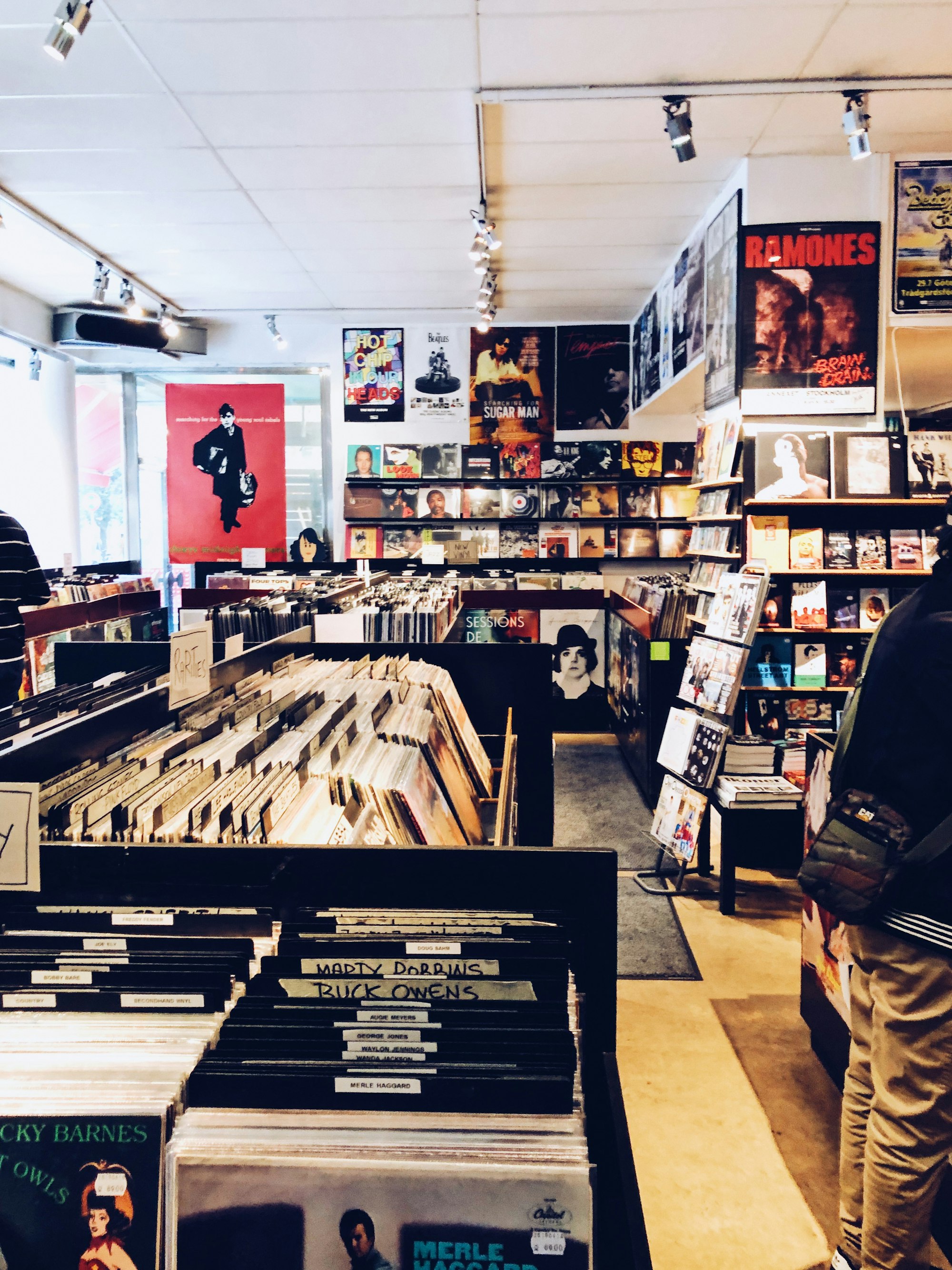Goals & music distribution strategy of an indie producer
I have been accumulating many songs over the last 2 years, and now it's time to share them publicly. Let me outline my plan for distribution, including where, why, and when I will release my music. I will also share some of the tools I am using in this process.

I have been accumulating many songs over the last 2 years, and now it's time to share them publicly.
Let me outline my plan for distribution, including where, why, and when I will release my music. I will also share some of the tools I am using in this process.
But first, I want to take the time to reflect on my objectives so that I can align my plan accordingly.
The Goals
Getting my Music Out There: Building a Discography and Portfolio
Consistently releasing music on streaming platforms will allow me to build a catalog that showcases my artistic growth and versatility as a producer. This portfolio will become an essential asset when reaching out to industry professionals, securing collaborations, or applying for opportunities like remixes or production work for other artists in the future.
Regular releases will also demonstrate that I have long-term objectives, which is something that music libraries and professionals look for when considering new artists and producers for their platforms.
Learning to Finish Songs
It is possible to endlessly tweak songs, especially during the mixing stage.
I came across a sentence that I really liked: "At some point, changing things in your mix doesn't make the result sound better, but just different instead." That's when you know you are finished mixing it.
I would also add that while different often sounds better (think fresher, newer), we are probably victims of a recency bias that leads us to never stop tweaking. Needless to say, we need to keep regular backups of mixing sessions and not hesitate to listen to old mixes. Lately, I have often gone back to previous versions of a mix. But I digress; I will dedicate another post to this subject.
Once a song is published, making a new change to it is a long and painful process, as you have to make the change and update all the places where you have submitted the music. So, unless something is seriously wrong with the song, I don't see myself ever republishing a song just for the sake of "subtle" adjustments. This is why publishing is great—it removes the urge to create another "final_final.wav" version, because it won't matter anymore since the song is already out there.
Building the Habit of Regular Releases
You only get to publish a song once, which means the only way to get better at finalizing songs is to produce more songs.
I have read many discussions on Reddit about songs/albums piling up on indie producers' laptops and never making it to streaming platforms. I am currently dangerously close to being in that situation, but fortunately, I have recently started to become satisfied with the end results of my mixes, which motivates me to release them.
From now on, I want to release music regularly, aiming to maintain quality but not to the point where it becomes an excuse for not releasing. I have heard countless popular songs that don't have perfect mixes, yet they have found an audience.
I am not yet sure about the exact release rate, but probably something around a minimum of 1 song per month would be great.
The Release Process
Releasing 1 to 3 Original Songs per Release at Most
I plan on releasing only "singles," which means between 1 and approximately 3 songs per release.
Why do I plan to stick to 3 songs per release?
- Music libraries often prefer not having more than 3 songs to review per submission. Aligning the releases with exactly what I'll be pitching to libraries makes everything simpler.
- Producing 3 songs is already quite an effort, especially if you are handling everything from composing to mastering. Limiting releases to 3 songs ensures that I can group songs that are closely related to each other, allowing me to tell a story and submit them as a coherent bundle to libraries and streaming platforms. As an indie producer, I want the flexibility to explore different styles, so releasing smaller batches doesn't force me into producing a full album in one genre. For example, I could release two rock songs and one trip-hop song in separate batches.
The Music Distributor for Publishing to Music Platforms
I plan on using Distrokid to release my music on all streaming platforms. Distrokid is a service that distributes your music to various streaming platforms. I chose Distrokid because it does the job effectively and is reasonably priced. I have yet to be convinced by other distributors claiming to offer additional features like sync placements. For now, I prefer to let the distributor handle the streaming platforms, while I manage the relationships with music libraries myself.
One of the things I appreciate about Distrokid is that it allows me to:
- Schedule tracks/albums for specific release dates
- Add copyrights to every track
- Submit text lyrics and manually sync them with the songs
- Access other useful features like enabling Shazam recognition (for an additional $1 premium per year)
Where I'll Be Publishing
I will be publishing my music on streaming platforms such as Spotify, Apple Music, YouTube, Deezer, and others. You can find a complete list of stores supported by Distrokid here.
However, instead of releasing batches of 1 to 3 songs as I mentioned earlier, I will be releasing the songs one by one. The reason behind this approach is that I want to be able to pitch each track individually to Spotify, which could potentially increase its exposure if, for some reason, the staff decides to promote my work. If you're unfamiliar with pitching to Spotify, I recommend looking it up as there are many resources available that discuss releasing music on the platform.
So, I will be releasing a single song through Distrokid every month and implementing a waterfall release strategy. This means that with each release, I will add a new track to the existing songs and bundle them together under a new album. However, I will release the full single (1-3 songs, including instrumentals) on SoundCloud and Bandcamp right away.
A Word on Bandcamp
Currently, I don't have a following or visibility on Bandcamp, and to be honest, I find the website a bit old-fashioned and not user-friendly. However, Bandcamp has been a go-to platform for indie musicians worldwide to sell their work. I like the idea of offering the original 24-bit master files for purchase, especially for my Trip-Hop and Downtempo music. Audiophiles may appreciate the opportunity to have access to the high-quality files.
If you are a Bandcamp enthusiast, you can follow my account here. Please note that I haven't updated the appearance of the page yet, but it's not my top priority at the moment. I believe that without a catalog of at least 6-10 songs, it's unlikely to generate much interest. Nevertheless, I feel that being present on Bandcamp is essential, even though I don't have high hopes of making many sales there.
However, considering that Epic Games recently acquired Bandcamp and observing Epic's marketing strategies with the Epic Games store, I believe that Bandcamp might regain its prominence in the future. Given the minimal effort required to publish my work there, I'm willing to bet that Epic will make some positive changes to the platform.
A Word on SoundCloud
I will be using SoundCloud as my public catalog. It's convenient to have a platform where I can share links to my music without the need for recipients to have an account on services like Spotify. SoundCloud allows everyone to listen to music for free, although there might be occasional ads between songs.
Similar to Bandcamp, I will release the full singles (1-3 songs) as one batch on SoundCloud to minimize effort.
Registering with Performing Rights Organization (PRO)
I will register every song I create with my local performing rights organization (PRO), which in my case is SACEM in France. I anticipate some challenges during the registration process, but I noticed that they recently introduced simplified methods for registering songs. I might share my experience with them at some point in the future.
The PRO is responsible for collecting royalties for your songs when they are played on the radio or in TV shows, among other uses. While some music libraries may request that you don't register with a PRO to avoid royalties for end customers, I prefer the idea of building a catalog with my local PRO and not limiting myself to shady platforms that offer unlimited royalty-free songs for a small subscription fee. Such platforms are unlikely to serve the best interests of artists, and their quality is likely to suffer as a result.
Publishing for Sync Licensing
I would love for my music to be featured in Netflix shows or as the credit song in movies. This is where sync licensing comes into play. I will attempt to enter music libraries that connect artists with filmmakers and other professionals in need of original songs. I hope that my niche style, encompassing downtempo and trip-hop, will find a place in certain contexts such as film documentaries for the downtempo aspect and shows/films for trip-hop.
For now, I don't plan on altering my music style solely to cater to music libraries' preferences. I will see how the submission process goes and make adjustments accordingly.
A Word on Stock Music Platforms
I have no intention of submitting my work to stock music libraries. These platforms typically offer low-quality loops or songs. From what I've observed, in the next five years, these libraries may be replaced by AI-generated beats and low-quality digital instrument melodies. The artists who succeed will be those who continue to incorporate live instruments and vocals into their work.
In a Nutshell, My Plan Is:
- Release a new song every month on Spotify and other streaming platforms supported by Distrokid.
- Use a waterfall release strategy for songs published through Distrokid, pitching one track at a time on Spotify.
- Release every single (1-3 songs) on Bandcamp, with the hope that Epic Games will improve the catalog in the future.
- Release every single on SoundCloud to start pitching to music libraries.
- Register every release with SACEM, my local PRO.
Please note that I haven't delved into marketing and social media promotion in this post. That's because I don't intend to dedicate significant time to those aspects, just as I won't spend time uploading to stock music libraries.
Stay tuned for the release of my first song.

